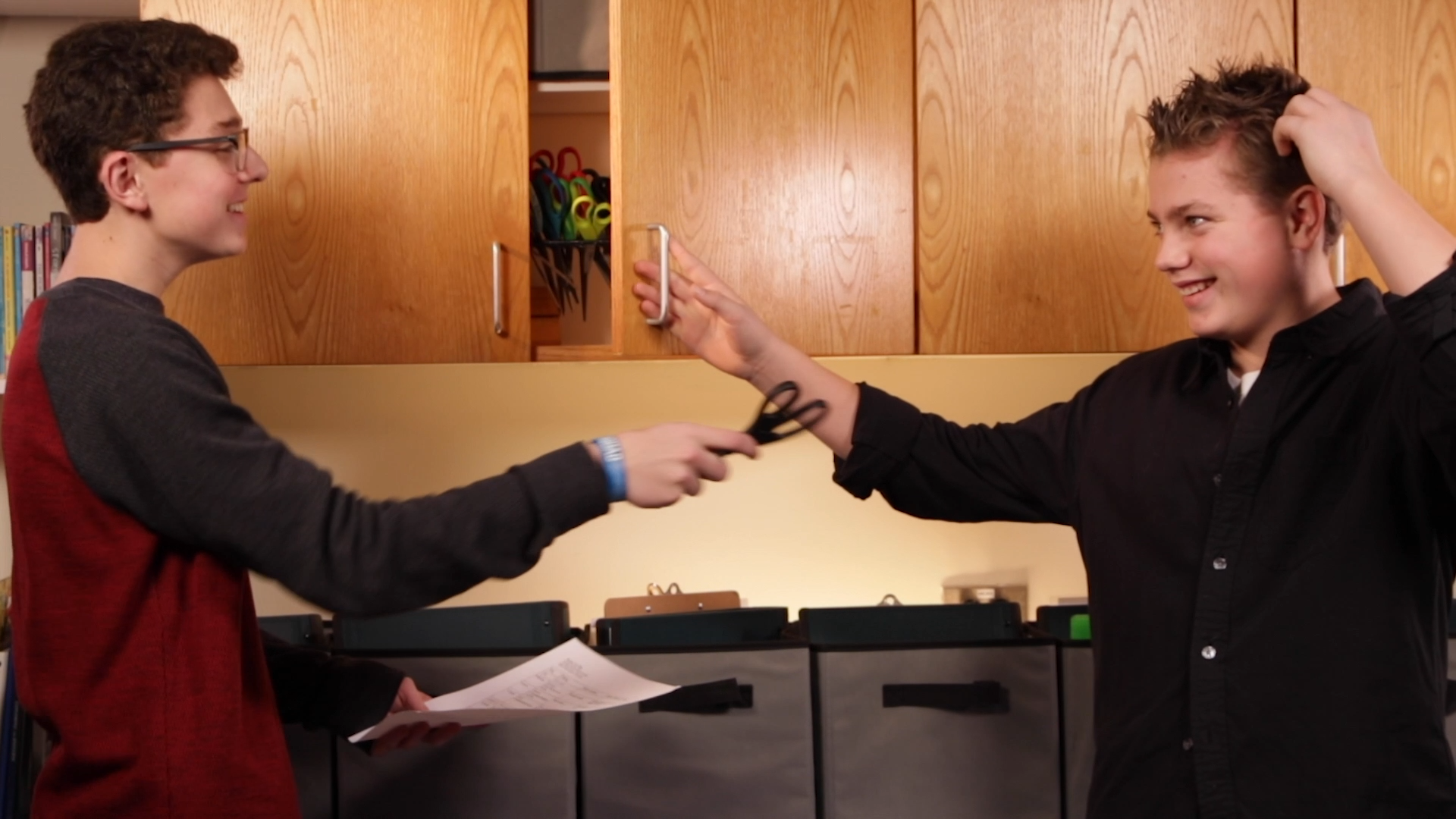
Introduction
Understanding humor is an essential social skill that plays a significant role in building and maintaining relationships. It involves recognizing when someone is trying to be funny and appreciating the joke. Humor helps individuals stay connected in a social group, as people enjoy sharing jokes and laughter. Failing to understand others’ humor can lead to feelings of exclusion and misunderstandings. In this blog post, we will explore various types of humor, an easy-to-implement no-prep activity, discussion questions, related skills, and how to access valuable resources.
No-Prep Activity: Humor Detectives
This activity requires no preparation or materials and encourages students to identify and analyze different types of humor. To begin, divide the class into small groups. Assign each group a specific type of humor, such as sarcasm, funny stories, friendly teasing, or self-deprecating humor. Have each group listen for examples of their assigned humor type throughout the day or week and take note of them. At the end of the designated time, reconvene the class and have each group share their findings. Discuss the examples, their context, and why they are considered humorous. This activity helps students become more aware of and sensitive to various forms of humor, improving their ability to understand and engage in social situations.
Discussion Questions
- Why is understanding humor important for building and maintaining relationships?
- How can recognizing different types of humor help us navigate social situations more effectively?
- What strategies can we use to show good social manners when we don’t find someone’s humor funny?
- How can we support others in feeling comfortable and included when sharing humor?
- What challenges might someone face when trying to understand humor, and how can we help them overcome these challenges?
Related Skills
Beyond understanding humor, there are several other essential social skills that contribute to building and maintaining relationships. These include:
- Empathy: The ability to understand and share the feelings of others, which helps create a supportive and caring environment.
- Active Listening: Giving full attention to the speaker and showing genuine interest in their thoughts and feelings, fostering better communication and understanding.
- Nonverbal Communication: Interpreting facial expressions, body language, and tone of voice to gain a deeper understanding of others’ emotions and intentions.
- Conflict Resolution: The ability to address disagreements and misunderstandings in a respectful and constructive manner to maintain healthy relationships.
Next Steps
Understanding humor is a vital component of social-emotional learning that can significantly impact students’ relationships and social experiences. To help your students further develop this skill and others, we encourage you to sign up for free samples of skill-building materials at Everyday Speech. These resources offer valuable support in fostering a more inclusive and empathetic classroom environment, helping students thrive in their social interactions.





